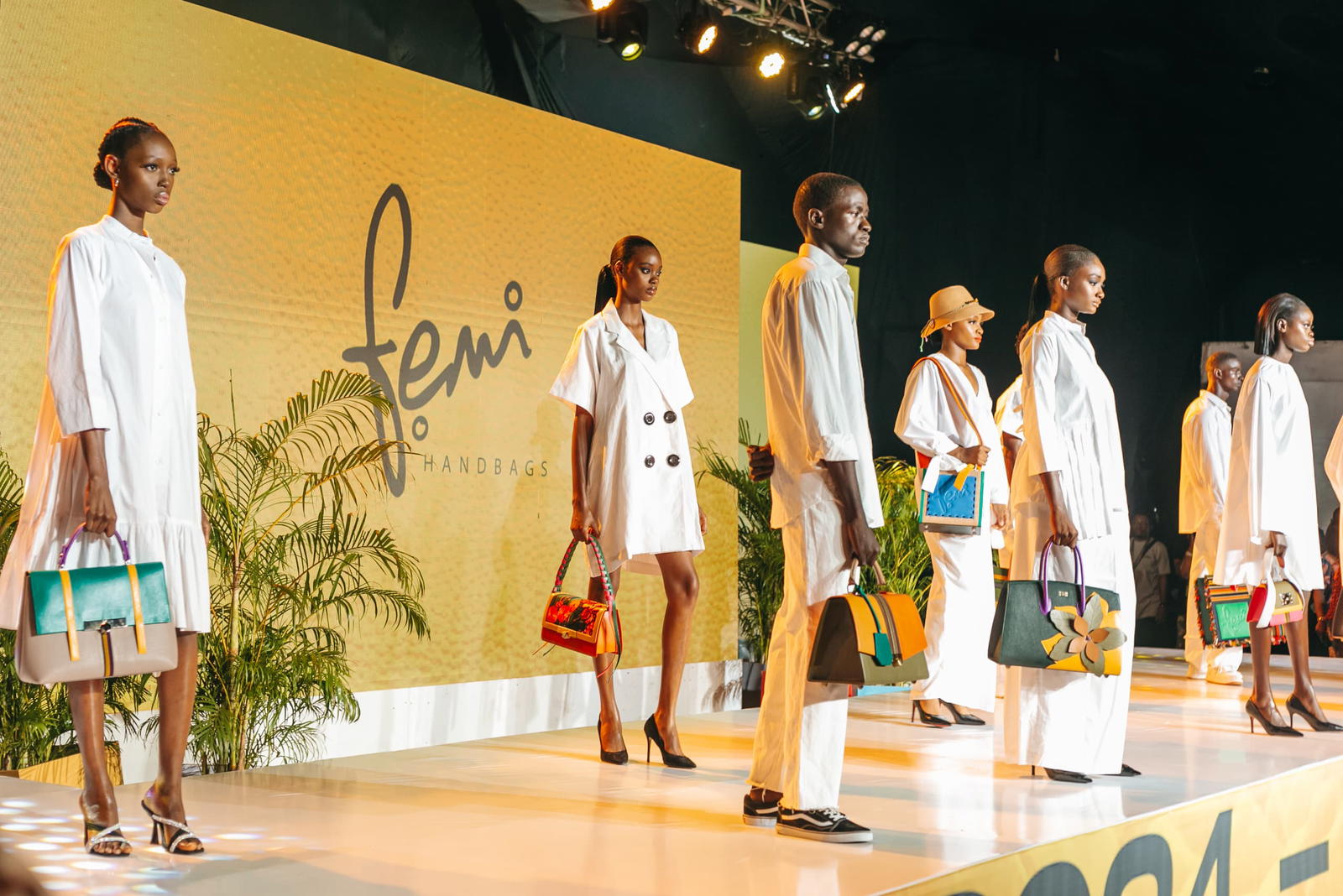
By Dayo Oyinlola
As Lagos Leather Fair, LLF, marked its seventh edition with consistent years of transforming the outlook of the leather industry in Nigeria between June 29 and 30, two things sprang to mind.
Before the advent of LLF, what was Nigerians’ mindset towards locally manufactured leather? What would guide their perception of the industry in the years to come?
For a country and people that became prominent for an unrestrained penchant for foreign made goods, indigenous production, including leather, had little or no appeal to an extent where derogatory phrases such as “Aba Made” and “Made in Aba” were being bandied around.
Although such words are fast becoming positive phrases, they initially implied that such a product was of the lowest quality when compared to those manufactured in China, Vietnam and Indonesia. Therefore, local manufacturers, that are now being spotlighted by LLF, should not be patronised. For that reason, the country’s leather industry suffered severely.
Yet, the change in perception and international recognition that have increased over the years should not be downplayed. In the last few years, LLF has given the industry a major facelift and boosted Nigerians’ confidence in accepting home production through its yearly exhibitions.
Compared to China, Vietnam and Indonesia, three of the global leather exporters, Nigeria’s export value is about 0.1 per cent of their combined annual export values and produces only about 0.3 per cent of their total yearly production, but there are enormous signs that a takeover is imminent. Thanks to LLF’s annual fair and continued partnership with foreign investors.
Welcoming over 3,500 individuals and organisations each year, LLF has created a unique and dynamic experience that showcases the talent of leather creatives and diverse forms of African leather products.
Speaking at this year’s fair, which received plaudits from analysts, Founder of LLF, Mr Femi Olayebi, had expressed delight with what has been achieved so far, saying: “Over the years, hosting the Lagos Leather Fair has filled us with a purpose to do more and advance the African leather industry.
“LLF is a celebration of the potential being achieved through locally sourced craftsmanship and, this year, we are Levelling Up through partnerships with extremely talented individuals to create an engaging experience that invites participants and attendees to join us on that journey. We are very thankful to our sponsors and collaborators for helping us curate this valuable tradition that continues to elevate the African leather ecosystem.”
By levelling up, which was the fair’s theme for 2024, the organisers, spearheaded by Femi, have pledged commitment to advancing the narrative within the leather ecosystem and reaching greater heights.
How do they hope to achieve their objectives? First, by investing in research and development to innovate and improve leather quality in Nigeria. Given that they understand the need to invest in training programmes to enhance workers’ skills, adopting modern manufacturing techniques and focusing on branding and marketing are other opportunities LLF intends to tap into to help Nigerian leather products stand out globally.
They have also not ruled out strategic partnerships with renowned international brands that can elevate the Nigerian leather industry’s profile. According to them, such collaborations will provide access to advanced technologies, design trends and best practices for the country’s leather industry to favourably compete with foreign producers.
Guided by Femi Olayebi and the LLF, Nigeria’s leather industry is passionate about innovation, hence a renewed sector anchored on sustainable practices should be expected.
In one sentence, I would say: Nigerians should be ready to have their taste buds tantalised.
Oyinlola, a media consultant, resides in Lagos
Disclaimer
Comments expressed here do not reflect the opinions of Vanguard newspapers or any employee thereof.